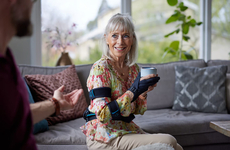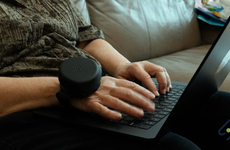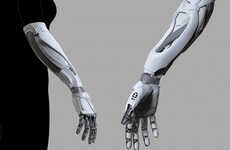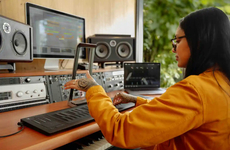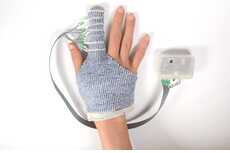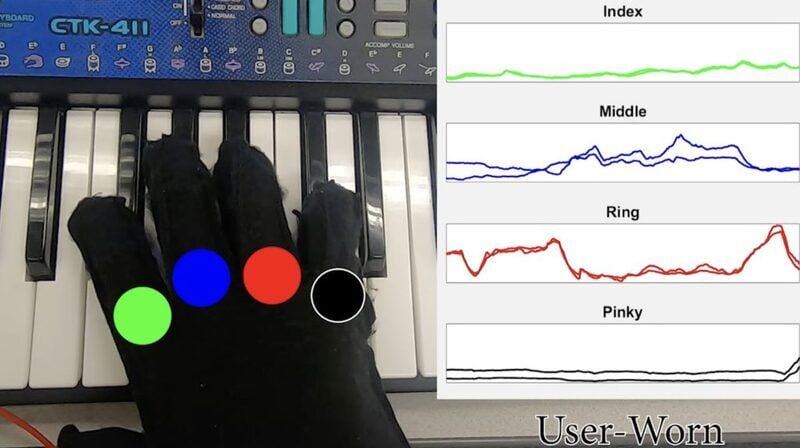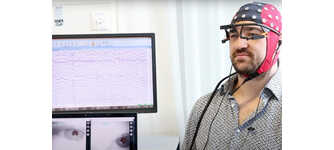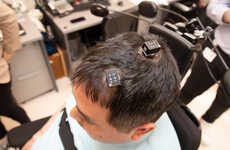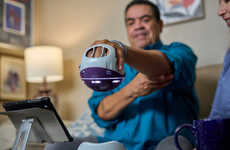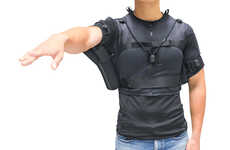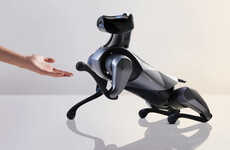
A New AI-Powered Robotic Glove Helps Stroke Patients Play Piano Again
References: fau.edu & zenger.news
Researchers have developed a new AI-powered robotic glove designed to aid consumers who have suffered a stroke or have limited sensations in their hands. Marketed as the first of its kind, the glove allows stroke patients to feel the difference between correct and incorrect versions of a song by utilizing a soft robotic hand skeleton and AI for hand dexterity. It also features a range of integrated special sensor arrays embedded into the fingertips of the glove, which helps to provide real-time feedback and adjustments.
“Playing the piano requires complex and highly skilled movements, and relearning tasks involves the restoration and retraining of specific movements or skills. Our robotic glove is composed of soft, flexible materials and sensors that provide gentle support and assistance to individuals to relearn and regain their motor abilities," said Dr, Erik Engeberg, a professor at Florida Atlantic University’s (FAU) Department of Ocean and Mechanical Engineering.
Image Credit: FAU CECS, SWNS
“Playing the piano requires complex and highly skilled movements, and relearning tasks involves the restoration and retraining of specific movements or skills. Our robotic glove is composed of soft, flexible materials and sensors that provide gentle support and assistance to individuals to relearn and regain their motor abilities," said Dr, Erik Engeberg, a professor at Florida Atlantic University’s (FAU) Department of Ocean and Mechanical Engineering.
Image Credit: FAU CECS, SWNS
Trend Themes
1. Robotic Rehabilitation - The AI-powered robotic glove for stroke patients demonstrates the potential for using robotics in rehabilitation to restore motor abilities.
2. AI-enhanced Medical Devices - The integration of AI into the robotic glove highlights the growing trend of using artificial intelligence to enhance medical devices for better patient outcomes.
3. Real-time Feedback Technology - The special sensor arrays embedded in the fingertips of the robotic glove showcase the trend of using real-time feedback technology to assist and guide users in skill relearning.
Industry Implications
1. Healthcare - The AI-powered robotic glove presents disruptive innovation opportunities in the healthcare industry by improving rehabilitation techniques for stroke patients.
2. Robotics - The development of the AI-driven robotic glove opens up new possibilities for innovation in the robotics industry, particularly in the field of rehabilitation robotics.
3. Medical Devices - The integration of AI into the robotic glove highlights potential disruptive innovation in the medical devices industry by offering advanced technological solutions for patient recovery and rehabilitation.
2.3
Score
Popularity
Activity
Freshness


